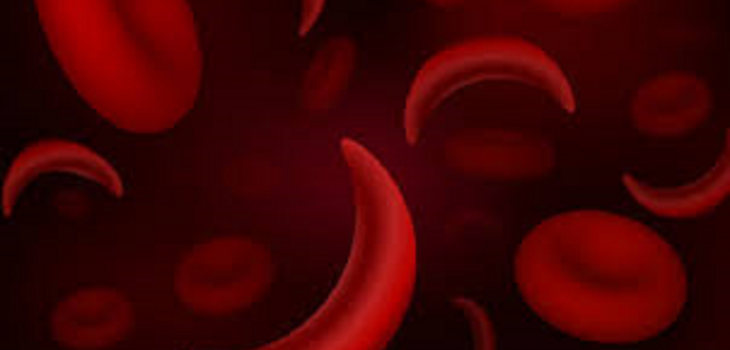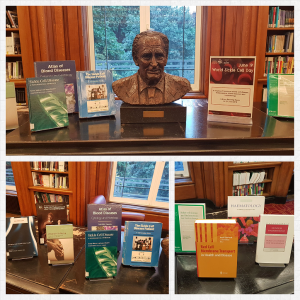Symptoms of SCD include painful episodes called sickle cell crises, increased risk of serious infections, and anaemia causing tiredness and shortness of breath. SCD can also cause delayed growth, vision problems, high blood pressure, strokes, kidney and urinary problems, bone and joint pain, and lung problems. Treatment of sickle cell mostly focuses on preventing and treating complications. The only possible cure for the disorder is a bone marrow transplant but this is only possible for a limited number of affected individuals who have a suitable donor. A medicine called Hydroxyurea can significantly reduce the number of painful crises.
The Library has a number of books focusing on SCD and other blood diseases. These books can be found at shelfmark PYHS, with related material in the broader section PY. Topics covered include clinical practice, management and therapy of the disease, genetics, and epidemiological studies of the disease. All books can be found by searching in Discover.








